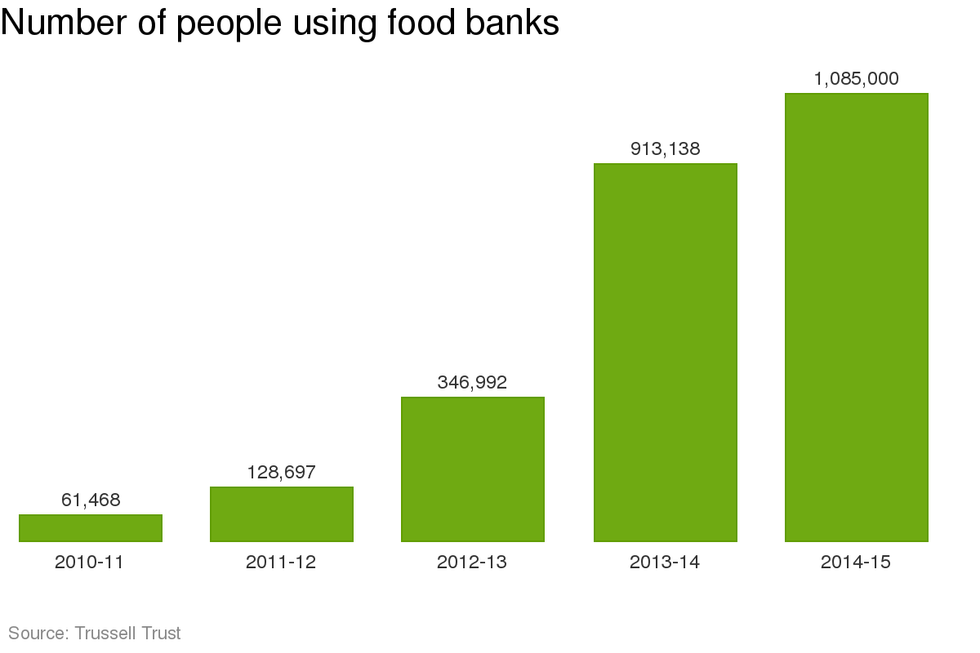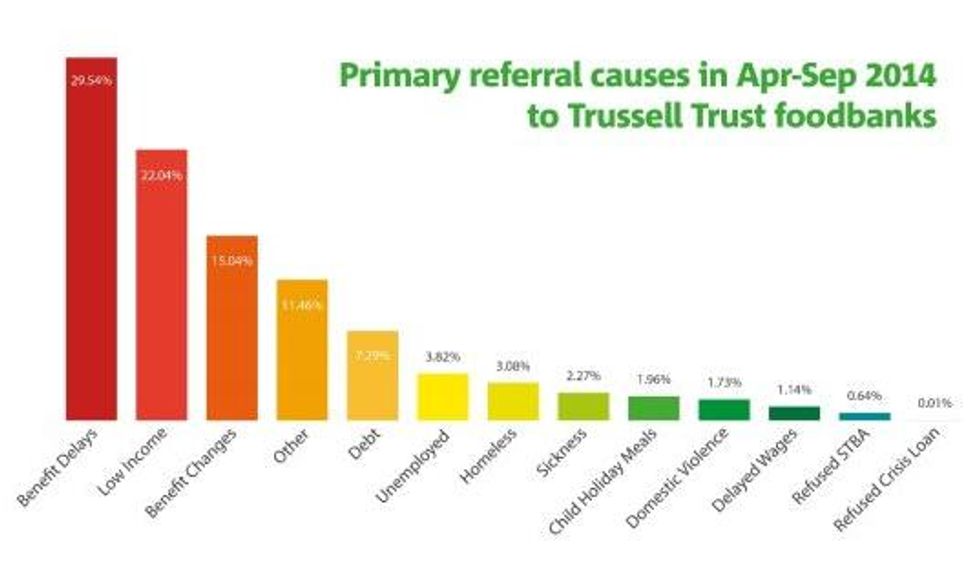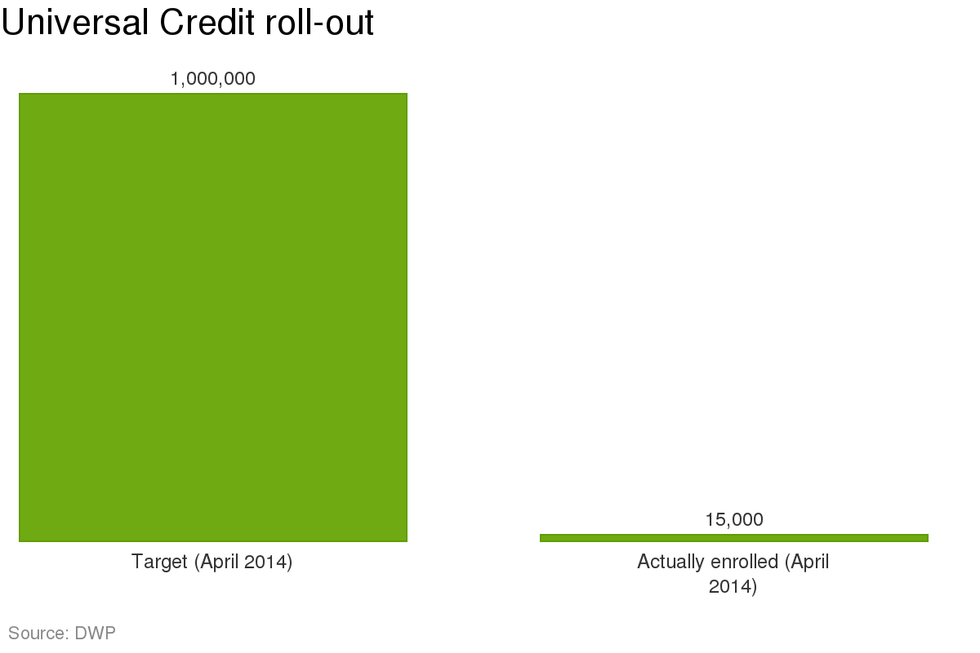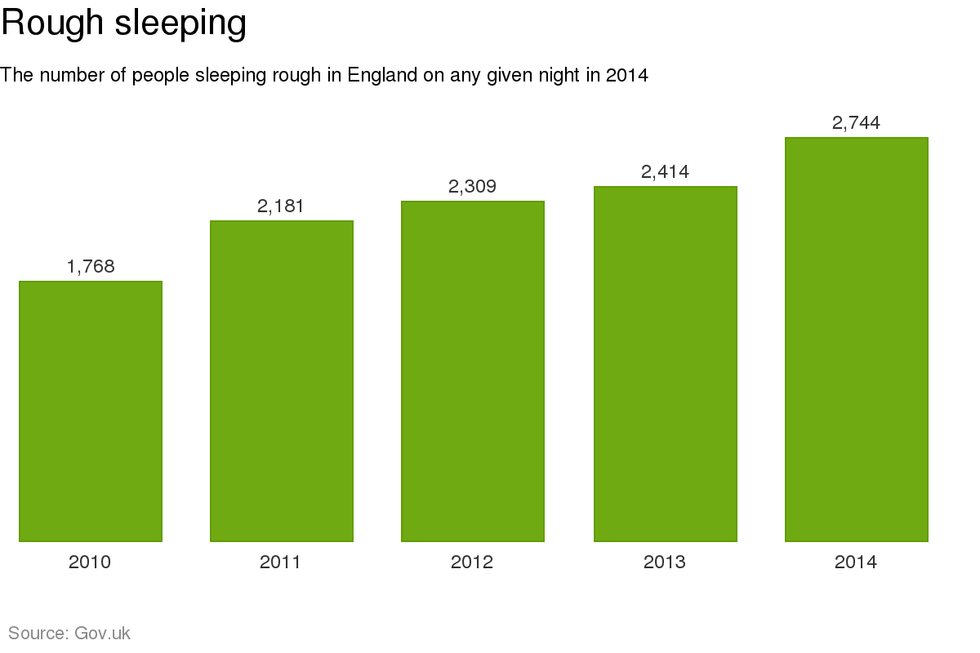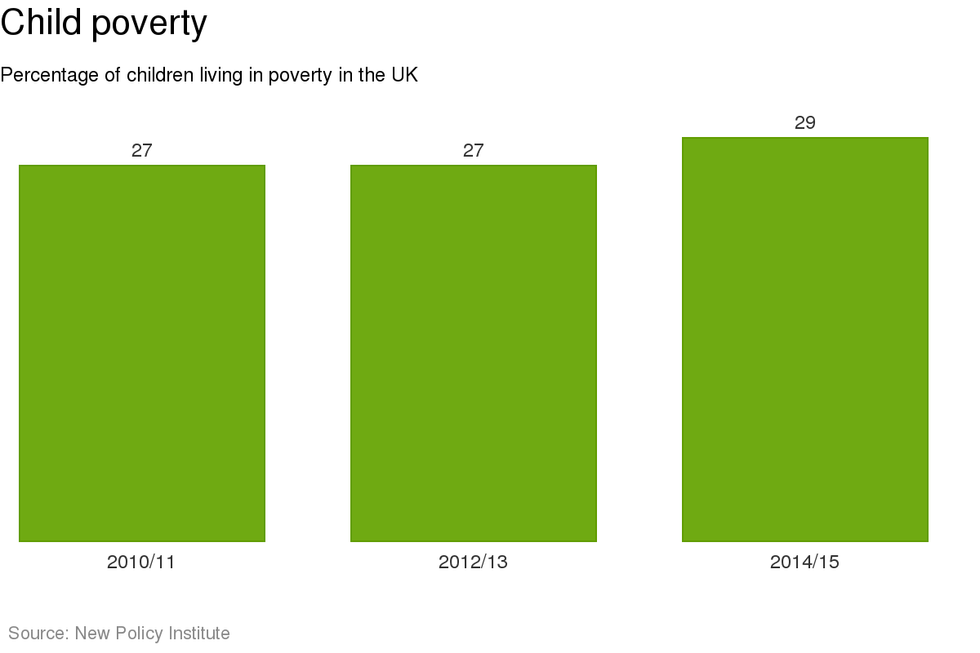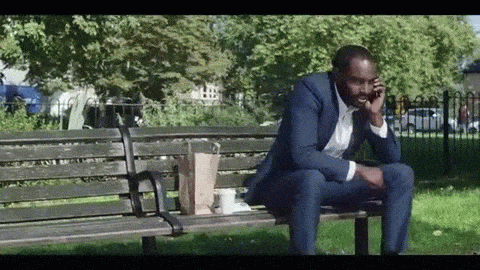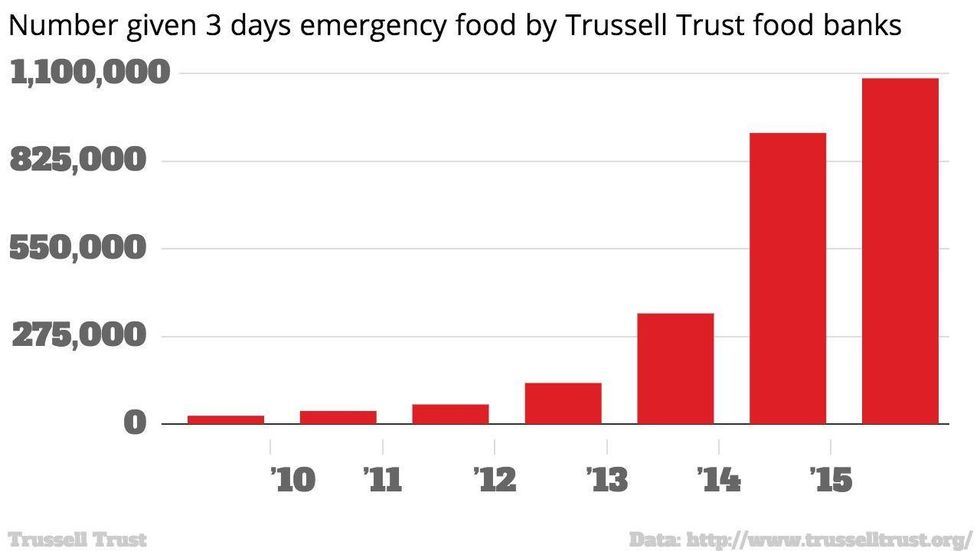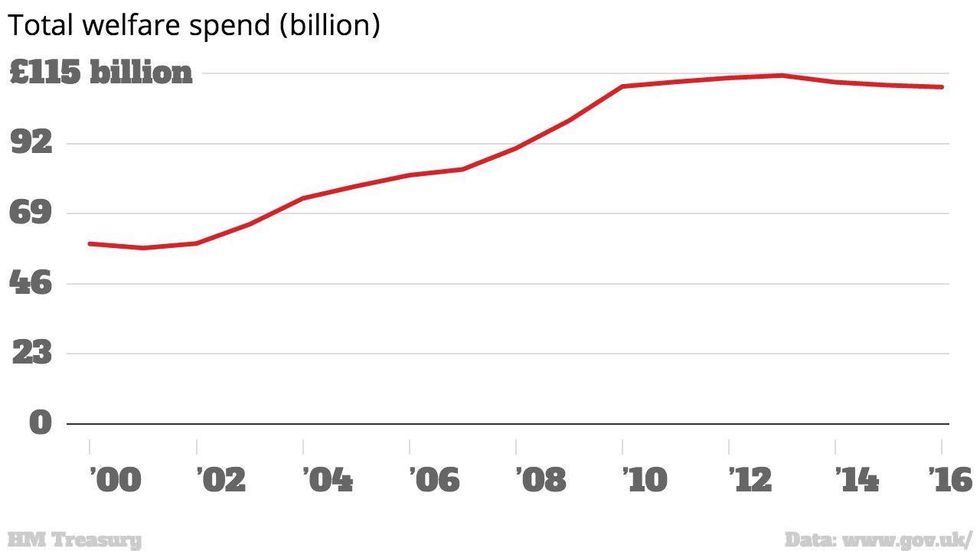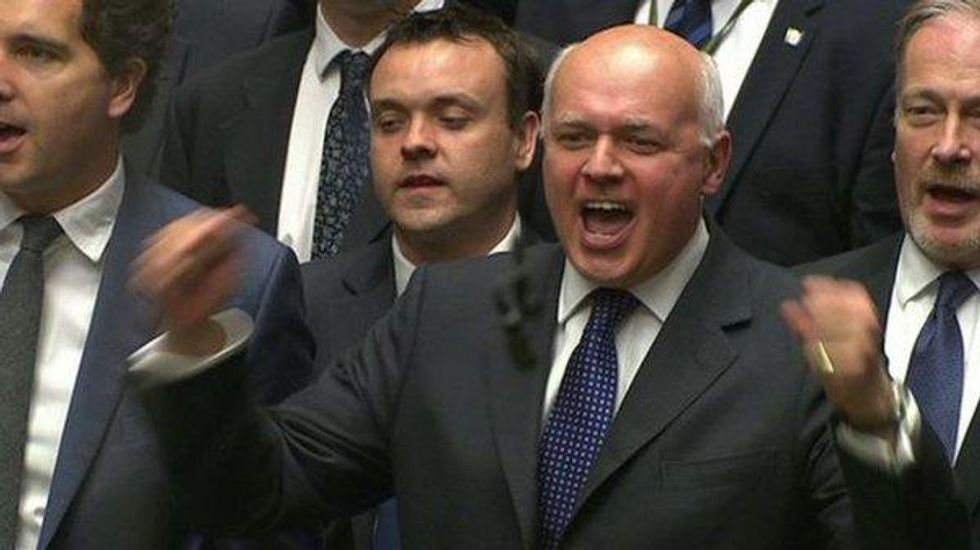News
Louis Dor
Mar 19, 2016
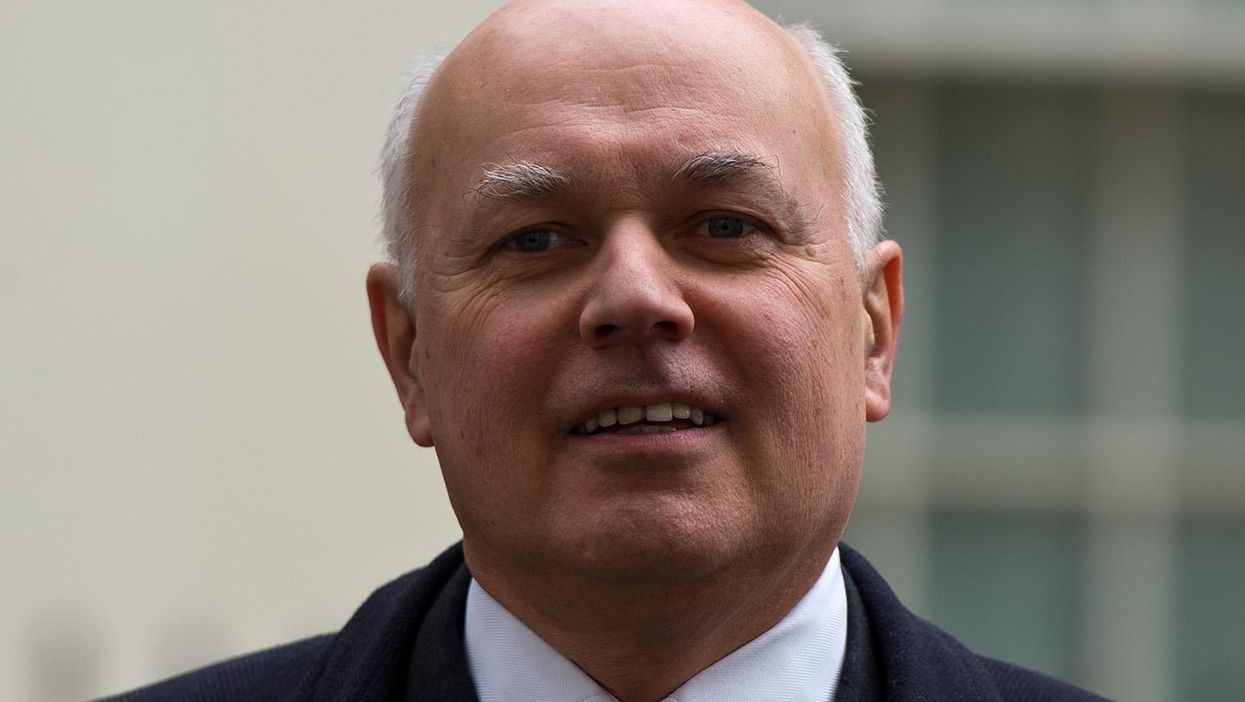
Picture: Ben Pruchnie/Getty Images
Iain Duncan Smith resigned as work and pensions secretary on Friday night over planned cuts to disability benefits paired with a Budget that favoured the wealthy over the poor.
He explained in his resignation letter to David Cameron that while he found some cuts "easier to justify" than others and had been determined to be a "team player", this week's Budget was a "compromise too far":
I have attempted to work within the constraints that you and the Chancellor set.
I have for some time and rather reluctantly come to believe that the latest changes to benefits to the disabled and the context in which they've been made are, a compromise too far. While they are defensible in narrow terms, given the continuing deficit, they are not defensible in the way they were placed within a Budget that benefits higher earning taxpayers.
In response David Cameron said he was "puzzled" at the resignation:
That is why we collectively agreed - you, No 10 and the Treasury - proposals which you and your department then announced a week ago.
Today we agreed not to proceed with the policies in their current form and instead to work together to get these policies right over the coming months.
Puzzling indeed, when you consider all the times Mr Duncan Smith chose not to resign despite six years of cuts and failings in his department:
1. The Bedroom Tax
The tax which came into effect in April 2013 was a source of pain for the Department for Work and Pensions for a number of years.
The DWP commissioned a report on the effect of the tax after a public outcry, finding that it actually increased hardship in those affected, with nearly half reporting that they had to cut back on food spending to cope.
The report found that 78 per cent of people affected by the bedroom tax regularly run out of money by the end of the week or the month.
2. Tax credits cuts
David Cameron told voters in an election special of the BBC's Question Time that he would not cut child tax credits or restrict child benefit to two children.
When asked to put to bed the rumours that he would, the prime minister replied:
Thank you Jenny for that question.
No, I don't want to do that.
Unclear wording or broken promise? You decide.
Either way, IDS did not resign when working tax credits, which top up the salaries the most poorly paid people, were forced through without a debate.
3. Food bank usage
Figures from the Trussell Trust, the biggest provider of emergency food aid in the UK, showed last summer that the number of times their food banks were used had risen from 61,000 in 2010-11 to more than one million in 2014-15.
And people were pretty clear as to the reasons why...
4. When Universal Credit stumbled at the first hurdle
The DWP promised to have one million people enrolled in Universal Credit, which combines up to six benefits into one, by April 2014.
However, following IT delays and criticisms of its implementation, only 14,000 people had been placed on the scheme by the target date.
A DWP whistleblower told Channel 4's Dispatches in 2014 that the new system, which is supposed to save the government millions in reduced staff costs, is "completely unworkable", "badly designed" and "out of date". Who knows what happens to it now?
5. When homelessness rose
The government’s own figures show that on any given night 2,744 people slept rough in England in 2014 – a rise of 55 per cent compared to 2010.
However, local agencies estimate that 6,508 people slept rough in London alone in 2013/14 – a 77 per cent rise since the 2010 election.
The chief executive of homelessness charity Crisis, Jon Sparkes, previously said benefit sanctions "leave people at severe risk of homelessness", while Homeless Link say unemployment and welfare policies - some of which are under the DWP's jurisdiction - play a large part in causes of homelessness.
6. When child poverty rose
Between 2010/11 (the first year of the Coalition government) and 2014/15 (its last year), child poverty grew by two percentage points from 27 per cent to 29.
In contrast, between 1998/9 and 2011/12, 1.1 million children were lifted out of poverty as a result of measures that “increased the number of lone parents working” as well as “increases in the level of benefits paid to families with children”, according to the Child Poverty Action Group.
7. After saying zero-hour contracts should be called "flexible hours contracts"
He went on to claim, in an interview with Sky News that zero-hour contracts actually helped people maintain a healthy "work-life balance", despite prime minister David Cameron previously admitting he could not live on one.
He came in for a lot of criticism for the remark:
8. When his department splurged £8.5m on a cuddly mascot to remind people about workplace pensions
This thing cost approximately 33,900 single allowances of universal credit for under 25s.
Yes, really. That just SCREAMS fiscal responsibility.
9. When a cross-party committee of MPs said benefit sanctions were causing 'severe financial hardship' and urged immediate review
The committee's chair Dame Anne Begg said:
Benefit sanctions are controversial because they withhold subsistence-level benefits from people who may have little or no other income. The policy must then be applied fairly and proportionately. The system must also be capable of identifying and protecting vulnerable people, including those with mental health problems and learning disabilities. And it should avoid causing severe financial hardship. The system as currently applied does not always achieve this.
10. When the UN investigated his welfare reforms
A leading disability rights charity said in August 2015 that it had been contacted by the UN Committee on Rights of Persons with Disabilities to help with an investigation into the treatment of disabled people by the British Government, specifically the Department for Work and Pensions.
11. When his department made fake quotes from 'benefit claimants'
The DWP admitted using stock images to illustrate fictional 'testimonies' from people who claimed to have interacted with the sanctions system and found it of benefit to them.
The 'quotes' were not direct quotes from any real cases and the photos bore no resemblance to anyone relevant.
In response to a freedom of information request from Welfare Weekly, the DWP said:
The photos used are stock photos and along with the names do not belong to real claimants. The stories are for illustrative purposes only.
12. When he said people thank him for cutting their benefits
Earlier this month he said that people thanked him for taking their benefits away.
The Work and Pensions Secretary said that 75 per of people who have had their benefits stopped under his department's sanctions policy said it helped them "focus and get on."
When contacted by the Mirror at the time, a spokesperson for the DWP was not immediately able to back up Mr Duncan Smith's claim.
13. When he wanted to tell people in food banks to get a job
IDS announced last year that job advisers could be placed in food banks, revealing that a trial was already under way in Manchester.
The advisers would be placed to give those visiting food banks guidance on seeking work and accessing benefits.
Food bank usage skyrocketed in conjunction with government cuts to welfare spending and Mr Duncan Smith's statement made clear that food banks are no longer a last resort and are here to stay, with government policy reliant upon their volunteers and public generosity.
14. ESA cuts
On 2 March, MPs voted for sharp cuts to disability benefits known as the Employment and Support Allowance.
The £30-a-week cut was argued to incentivise disabled people to find work, as claimants would lose the support if they are judged to be disabled but fit enough for “work-related activity”.
A coalition of 60 national disability charities condemned the DWP policy, saying they:
Mark a step backwards for disabled people and their families many of whom live in poverty and struggle to make ends meet.
15. When he allegedly persuaded Nadine Dorries not to vote against ESA cuts
Conservative MP Nadine Dorries said that Iain Duncan Smith personally persuaded her not to vote against ESA cuts.
You know, before he resigned over them in conjunction with the budget.
More: What Iain Duncan Smith was actually cheering about that time in parliament
Top 100
The Conversation (0)
